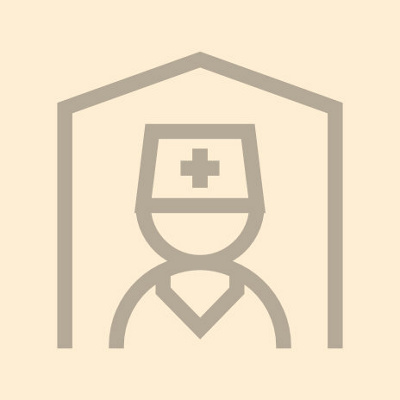Did you know older people have a higher risk of developing dehydration? A Mediclinic specialist explains why it’s dangerous and how to keep your relatives safe this summer.
Becoming dehydrated is a common problem in older people that makes them susceptible to several risks, says Dr India Butler, a physician at Wits Donald Gordon Medical Centre who specialises in geriatric medicine. “It can lead to complications like kidney failure, it can lead to falls and broken hips, it can worsen confusion, and it can lead to salt and electrolyte imbalances, which can be life threatening.” Here, she explains the risks and how to care for your elderly relatives.
Dehydration is a danger for anyone – which is why there’s no shortage of reminders to carry enough water when you go out hiking, for example. But in elderly people, the risk is much higher and potentially more dangerous for various reasons, explains Dr Butler:
They don’t feel thirsty. “Elderly people lose their thirst reflex. For some reason, older people never get thirsty – they must remember to drink water or sometimes force themselves to drink.” This is especially problematic in those with dementia, who need someone else to prompt them to drink because they can’t think to do so themselves.
Chronic medication. Medication is another factor that may increase risk of dehydration. Many older people are on diuretics (“water tablets”), which cause the body to lose fluids through urination. “I tell my patients on hot days (over 30°C) and days when they’re going to be unusually active not to take their diuretics. It’s not the end of the world if you miss one day of your diuretic for a special reason.”
Loss of taste. As elderly people start to lose their sense of taste, they may seek out sweet things, which can lead to dehydration (among other complications) in diabetic patients.
Urinary incontinence. Those who suffer from incontinence may actively avoid drinking fluids to prevent an accident or having to get up to wee during the night. The irony, says Dr Butler, is that very concentrated urine can irritate the bladder, making incontinence worse.
Not easy to identify
Dehydration is difficult to spot in elderly people, says Dr Butler, because the typical indicators don’t apply. “Every old person has a dry mouth and wrinkly skin so those are totally useless.” Other, more subtle signs you may be able to notice at home are dizziness when the person stands up, due to a drop in blood pressure – although this could also be brought on by medication – and very dark, concentrated urine. “You can also see how much urine they’re passing – that’s a good clue,” she adds. “If they’re in nappies and haven’t had a wet nappy for a couple of hours, for example, that’s an indication.”
6 ways to prevent dehydration
If your elderly relative is not drinking enough on their own, Dr Butler suggests:
- Sweeten their water. Instead of plain water, add some orange squash or a similarly sweet mixer to make the drink more appealing.
- Sit them upright. “We don’t like those who are very weak to drink while lying down because the fluid can go into their lungs and that can cause pneumonia,” says Dr Butler. Ideally, they should be in a chair, but a foam support can a help a bed-ridden person to sit upright.
- Serve it with meals. Tap into the natural association of having a drink with a meal.
- Add some sparkle. If thin liquids tend to promote choking, a sparkling liquid may be easier to swallow.
- Keep it handy. Always have a glass or jug of water nearby so the person can help themselves if they’re able.
- Tea is always a win. “Most elderly people like tea. But some teas are diuretic (increase flow of urine) as well, so rooibos is a better option.”
Most importantly, remember that everything in geriatric care is individualised – each person has different needs and a unique personality, so consult a healthcare provider at www.mediclinic.co.za about the best way forward.
Further publications on the topic
Doctors 1


